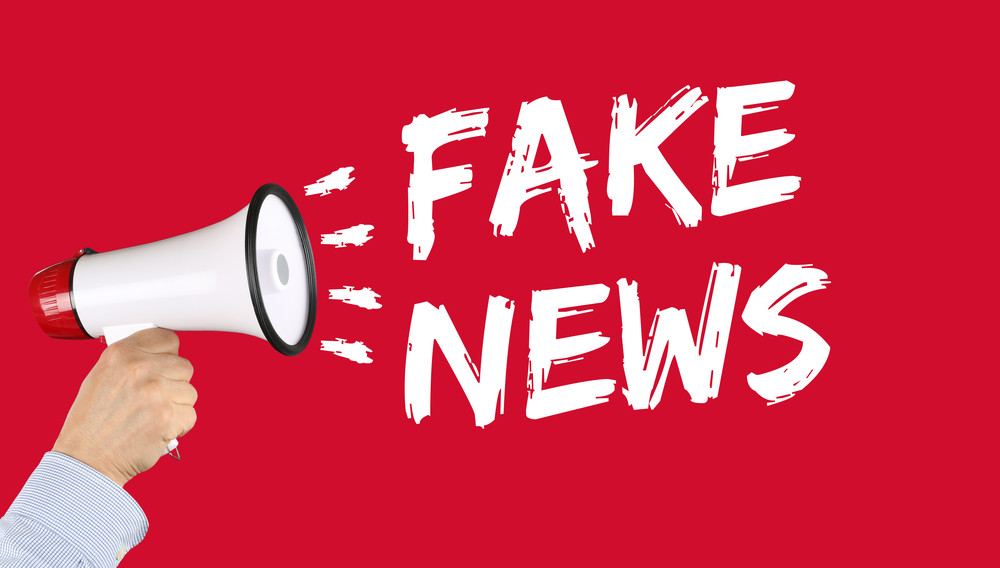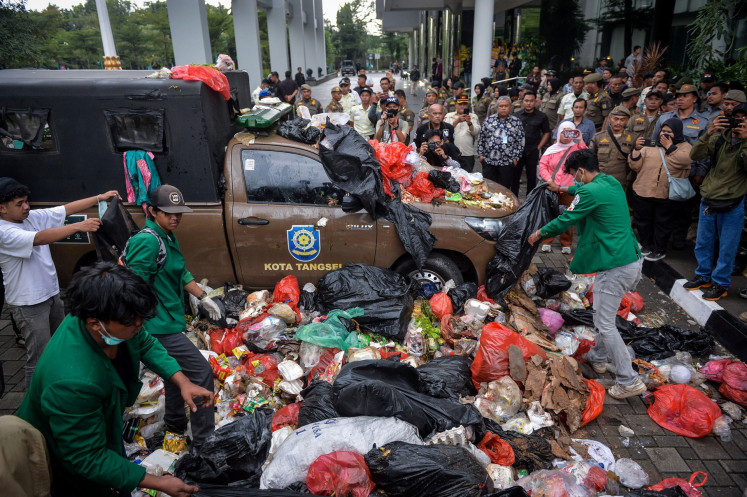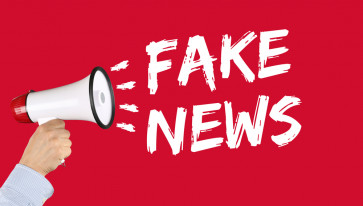Popular Reads
Top Results
Can't find what you're looking for?
View all search resultsPopular Reads
Top Results
Can't find what you're looking for?
View all search resultsSocial media and the polarization of political discourse
Rampant dissemination of fake news and hate speech is one of the primary drivers of political polarization in Indonesia.
Change text size
Gift Premium Articles
to Anyone
Political polarization, the division of people into groups with similar ideas, has become a significant concern in Indonesian society, impacting the country’s political landscape, social unity and democratic systems. It leads to reduced civic engagement as citizens become disenchanted with politics, resulting in lower turnout and declining participation in political activities. Moreover, it fosters a negative perception of politics, eroding public trust in institutions and hindering effective policy implementation.
Over the past decade, the polarization of political discourse on Indonesian social media has escalated conflicts both online and offline, posing a threat to social cohesion and national security. The widespread dissemination of fake news and hate speech on social media platforms has distorted public perception and deepened divisions within society.
False or misleading information presented as factual news misguides citizens, while the spread of hate speech perpetuates a toxic environment, eroding trust and fuelling animosity between different groups. One key contributing factor to this issue is the algorithm-driven nature of social media platforms, creating echo chambers that reinforce existing biases and hinder constructive dialogue. Differing political ideologies among citizens further deepen the divide, making compromise and cooperation challenging.
The rampant dissemination of fake news and hate speech is one of the primary drivers of political polarization in Indonesia. These false narratives and inflammatory statements spread rapidly through social media channels, distorting public perception and exacerbating divisions within society. The situation worsens due to the frequent utilization of fake news by political elites, focusing on politics and personalities instead of engaging in policy debates.
The insidious impact of hate speech on social media further compounds the problem, perpetuating an environment of animosity and hostility. These platforms, driven by sophisticated algorithms, curate content tailored to individual preferences. Although the personalized approach aims to improve user engagement, it inadvertently results in isolated bubbles, where individuals mostly encounter information that reinforces their preexisting convictions and principles. Hence, exposure to alternative viewpoints becomes limited, hindering opportunities for diverse perspectives and well-rounded discussions.
The polarization of political discourse on social media is becoming a defining feature of Indonesian politics, akin to its presence in contemporary United States politics. Factors such as the influence of social media, the creation of echo chambers and the rise of political tribalism are expected to further exacerbate this polarization during the upcoming 2024 presidential campaign.



















